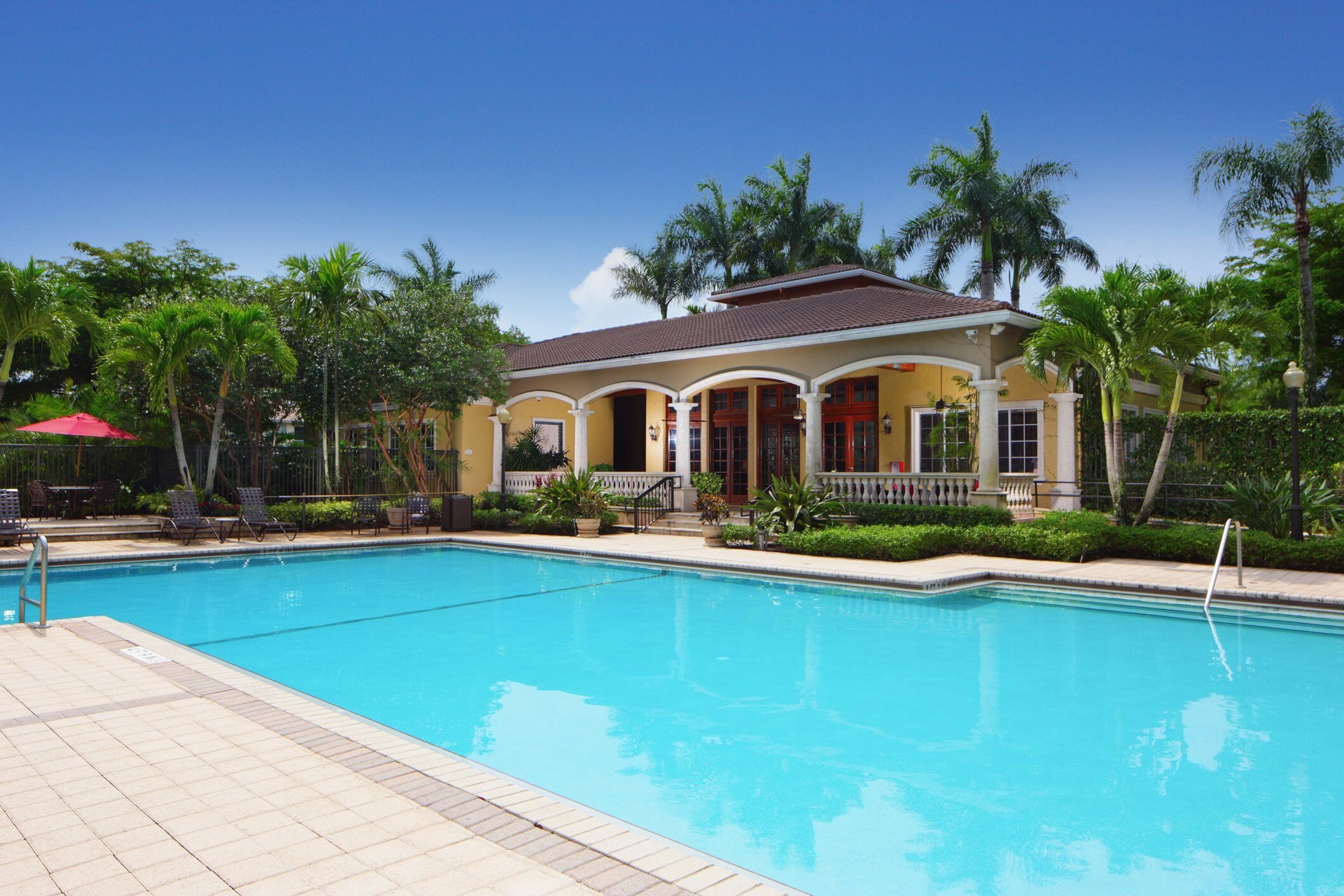 Common area lighting, pools, club houses, and laundry facilities are just a few areas that a homeowners association can find itself spending lots of dollars on quickly. No one likes it when their HOA dues increase, so how do you help conserve energy and manage costs?
Common area lighting, pools, club houses, and laundry facilities are just a few areas that a homeowners association can find itself spending lots of dollars on quickly. No one likes it when their HOA dues increase, so how do you help conserve energy and manage costs?
Energy bills, like the temperature, always rise in the summer. While there are big fixes an Association can incorporate to make common area electricity more energy-efficient, there are also many inexpensive energy solutions, as well as some simple and free steps that you can take to cut down on costs and save money.
Turn Up the Thermostat
In the Summer, set your clubhouse thermostat as high as possible. Start with 78 degrees when you’re using the facility and 85 degrees when away. For each degree above 72 you set the thermostat, you save between 1 to 3 percent. Be sure to take into consideration member comfort, and drink plenty of fluids to stay hydrated.
Circulate Air
Use fans to create cool breezes and keep the air moving. Ceiling fans, in particular, can create enough air movement to make it cooler by at least four degrees. This could translate into a significantly lower monthly electric bill, as ceiling fans only use about as much energy as a 100-watt light bulb.
Shut the Shades
Windows allow a lot of heat into buildings. Keep drapes and shades closed during the day to keep the temperature down.
Open Windows
At night, if it’s cooler outside than inside, open windows! Not only will this bring some fresh air into the clubhouse or other Association building, it will give you a chance to turn off that AC. Be sure to close windows when you leave or in the morning to keep the cooler air in longer.
Wash and Dry Wisely
Run only full loads when using a dishwasher or washing machine. Whenever possible, run those appliances during off-peak hours or when the air conditioner is turned off or barely running, which typically is during the evening. For Associations that have laundry facilities onsite, encourage members to use the clothes dryers’ moisture-sensing automatic drying setting if it has one, and clean the lint trap after each use.
Switch LED Light Bulbs
Replace any old tungsten/halogen or compact fluorescent with super efficient LED bulbs. Their cost has come down significantly in the last few years and they will last up to 10 years depending on usage. Aside from saving energy, the LED bulbs produce far less heat than both compact fluorescent and tungsten bulbs, so you won't be adding heat to your buildings and making your A/C work harder to keep up.
Unplug Electronics
Electronics such as TVs, DVDs, chargers, computers, printers and other devices use electricity even when they are turned off. By unplugging these devices when not being used, you only save a few watts, but they quickly add up to bigger savings over time. Use a power strip for multiple devices, and switch it off before you go to bed. Also, turn off lights in unoccupied rooms.
Pools and Hot Tubs
Plan pool/hot tub time. Shorten the operating hours if possible. Switch the pool filter and sweeper operations to off-peak hours and during nighttime if the pool has automatic cleaning settings. Cover the hot tub when not in use to keep heat from evaporating.
There are a lot of simple ways to save significant amounts of energy. Doing these measures on their own may not make a huge difference, but combined you can really start to see their effects.

.jpg)








